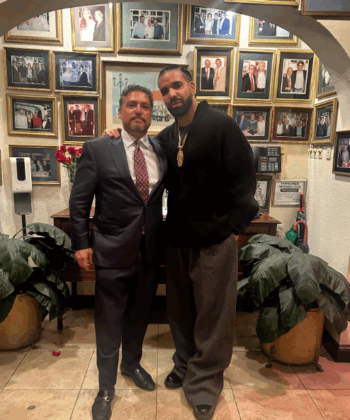The U.S. economy isn’t in free fall. Consumer spending holds steady. Yet confidence remains stubbornly low. That disconnect—where perception diverges from reality—is the essence of the vibecession. Layer in greedflation, where companies stretch margins beyond true cost increases, and leaders face a double challenge: managing both price and perception.
“Understanding how people feel about the economy is almost as crucial as understanding what the economy is,” says Houston-based entrepreneur Javier Loya, whose ventures span energy, tech, and pro sports.
A Sentiment Gap With Real Stakes
In March 2025, Reuters reported U.S. consumer confidence hit a four-year low, driven by tariff fears and inflation anxiety. By July, the index edged up to 97.2, but expectations remained recession-level. Bank of America analysts note this sentiment-data gap could precede a market rally, but it’s already influencing consumer behavior.
The Perception-Adjusted Strategy Model
Loya’s framework balances fundamentals—like inflation and costs—with sentiment signals from media chatter, surveys, and internal morale. Price moves are timed and framed carefully, especially when moods are fragile. Trust is built through transparency, reinvestment, and visible quality improvements.
Case Studies in Sentiment-Savvy Strategy
Energy-Tech at GETCHOICE!: Locked in utility contracts early to avoid passing costs onto customers.
Houston Sabercats: Held ticket prices flat in 2025, focusing instead on sponsorships and fan experience.
“These were operational decisions, but also reputation plays,” Javier Loya says.
Looking Ahead
From 2026–2028, Loya predicts AI-driven pricing will face transparency demands, regulators will target sectors with outsized margins, and boards will treat sentiment as a KPI alongside revenue.
“Facts and feelings both shape outcomes,” Loya says. “Ignore either—and you’re flying blind.”







































